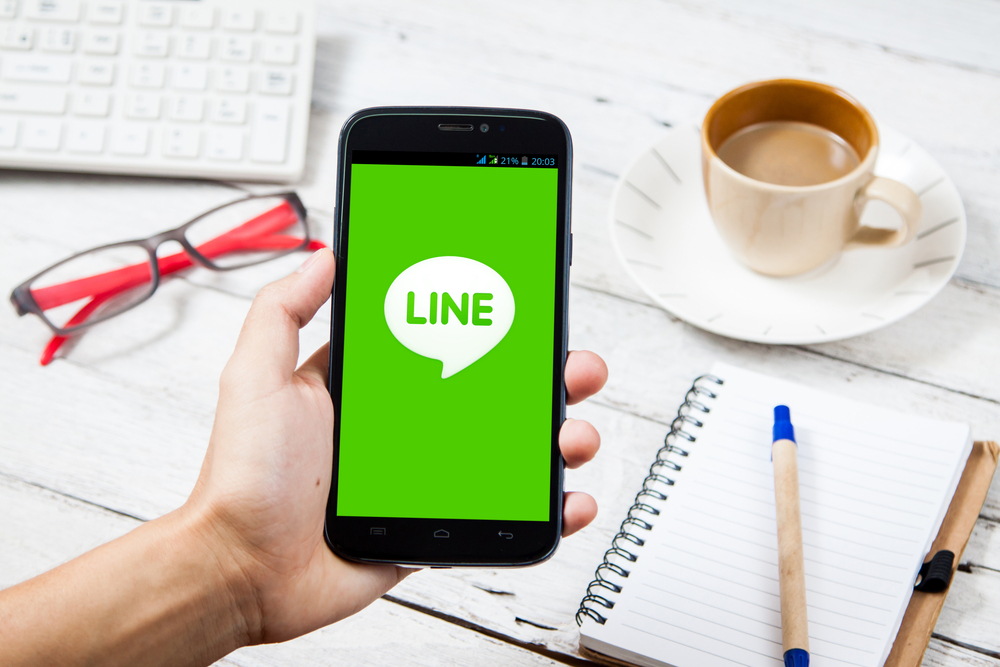Line, a Japanese messaging app under the roof of South Korean internet giant Naver, is launching its own version of mini programs in fall this year, the company said in an official statement, in a bid to offer its users more convenience.
Line is said to have 187 million monthly active users. Its main market is Japan, but it’s also very popular in Thailand and, to a lesser degree, in Indonesia, Korea, and Taiwan.
Mini programs, or mini apps, are ways for third-party digital services to plug into a main app to let users perform some activities without exiting the application. For example, if a Line user looks up an official account of a restaurant on Line, he or she could now view the menu and perhaps make a reservation without having to navigate away from Line.
Mini programs were first introduced by WeChat in 2017 and have been a huge success. Other apps in China have followed suit to introduce them as well.
Line launched the concept at its business strategy conference in Singapore on Thursday, but did not specify whether mini programs would become available to all users of Line, or only those in Japan. The company says a “soft launch” for its mini programs will start in fall, with a full roll-out planned for “spring 2020.”
Mini programs are a fixture in China, but in the rest of the world, the concept is slow to catch on. Line could become one of the first major apps to support these third-party apps-within-an-app. Another example would be Slack, a workplace communication tool.
“Super apps” in Southeast Asia like Grab and Go-Jek have added many features and functions in collaboration with partners, but these integrations are manual, without an interface that lets developers plug into the platforms directly.
